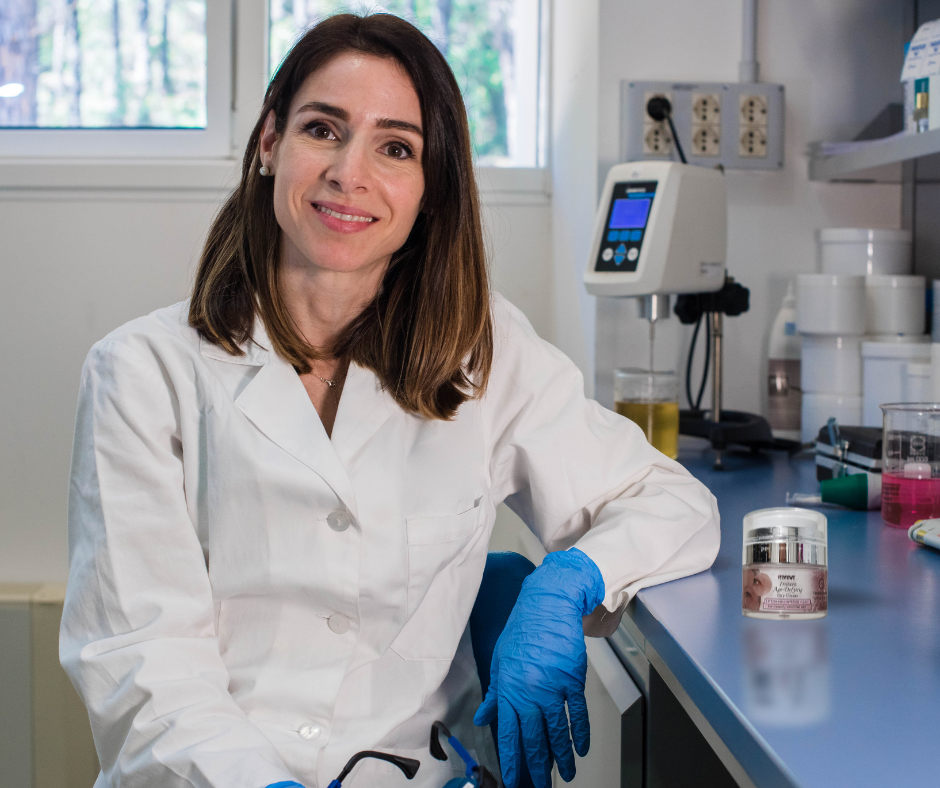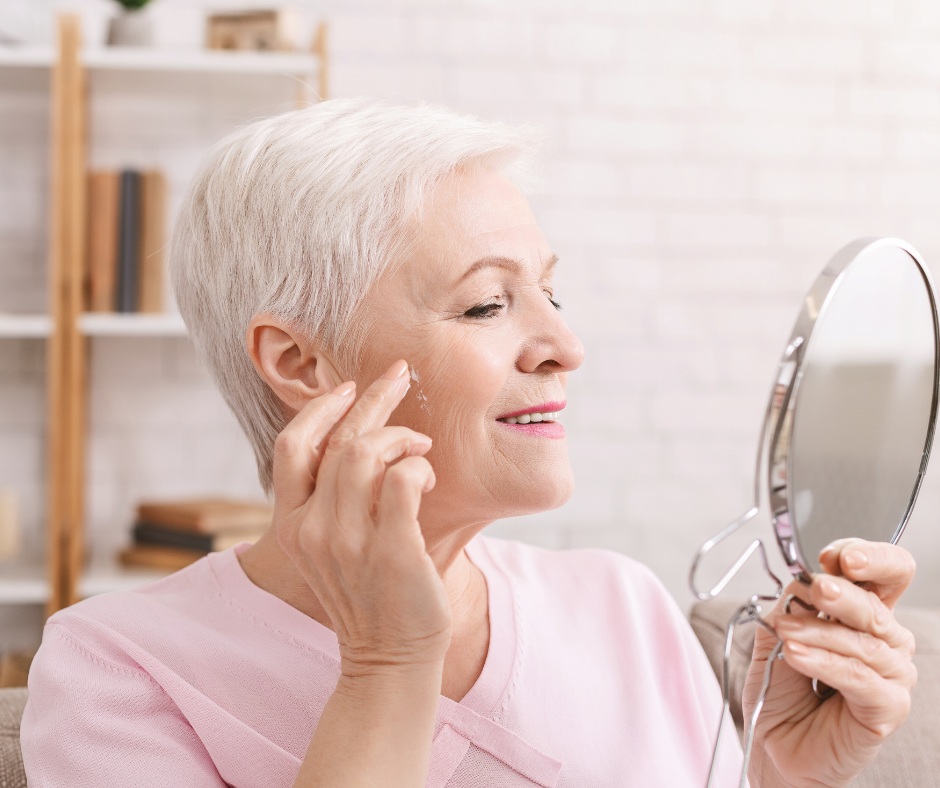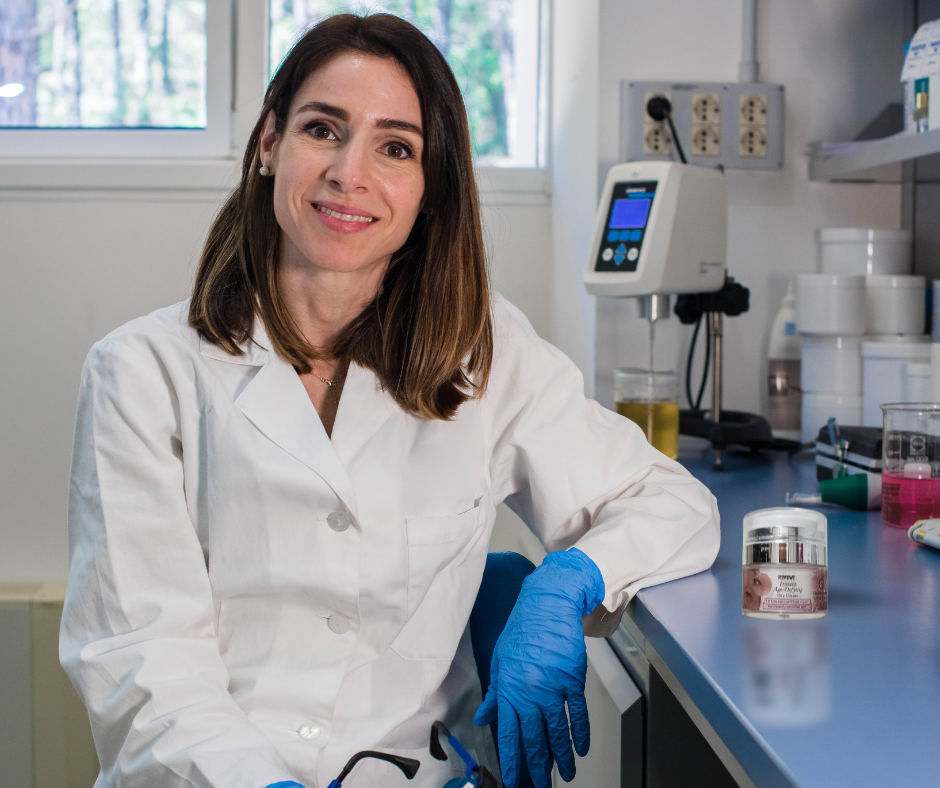Perfumes have been used for centuries to enhance our personality and create a unique scent signature. In this blog post, we will explore how you can create your own perfume using natural ingredients. We will focus on basic perfume compositions and how to balance the fragrance notes to achieve a harmonious and long-lasting scent.
Perfume structure: Top, heart and base notes
A well-composed perfume consists of three main components:
-
Top notes – The first scents you notice when you apply the perfume. They are often light, fresh, and fade the fastest. Examples: citrus oils, eucalyptus, lavender.
-
Heart notes – Make up the "heart" of the perfume and tie the other scents together. These are often floral or spicy. Examples: rose, jasmine, cinnamon.
-
Base notes – The longest lasting scents that develop over time. They provide depth and character. Examples: sandalwood, vanilla, patchouli.
Ingredients for natural perfume
When making your own perfume, it's important to choose high-quality , natural ingredients . Here are some examples:
-
Essential oils – Natural fragrances from plants.
-
Absolutes – Concentrated fragrances from flowers and plants.
-
Carrier oils – For example, jojoba oil for oil-based perfumes.
-
Alcohol (ethanol) – To create a spirit-based perfume.
-
Distilled water – For diluting and mixing ingredients.
Basic recipe for a natural perfume
Here's a simple recipe to get you started:
Oil-based perfume
Ingredients:
-
10 ml jojoba oil
-
5 drops top note (e.g. bergamot)
-
10 drops heart note (e.g. ylang-ylang)
-
5 drops base note (e.g. vanilla extract)
Mix all ingredients in a small glass bottle, shake gently and let the perfume mature for 48 hours before use.
Alcohol-based perfume
Ingredients:
-
10 ml ethanol (e.g. perfume alcohol)
-
5 drops top note (e.g. lemon)
-
10 drops of heart note (e.g. rose)
-
5 drops base note (e.g. patchouli)
-
5 ml distilled water
Mix the oils with ethanol and let stand for at least a week. Then add the water and let the perfume mature for another week before use.
Tips for creating your own signature scent
-
Try different combinations – Start with small amounts and experiment.
-
Let the perfume mature – Give the scent time to develop.
-
Use a high-quality base oil – Jojoba oil or almond oil work well.
-
For daily use – Test on skin first to see how the scent develops.
By understanding the structure of perfume and using natural ingredients, you can create unique scents that reflect your personal style. Good luck with your DIY perfume project! 🌿✨






Leave a comment